8 Reasons Why Apple Products Are So Expensive
- It’s not just the logo—uncover the secrets driving Apple’s premium prices.
- From unbeatable resale value to a seamless ecosystem, discover what makes Apple so pricey.
- Think Apple’s just a luxury brand? Think again—here are the top eight reasons for Apple's high prices.
Apple products are notorious for their high price points, often leaving consumers wondering why they cost so much more than competitors’ offerings. While the brand’s strong reputation certainly plays a role, there’s a deeper story behind Apple’s pricing strategy. From an exclusive ecosystem to unparalleled resale value, several factors contribute to the hefty price tags of Apple devices.
1. The Apple Ecosystem
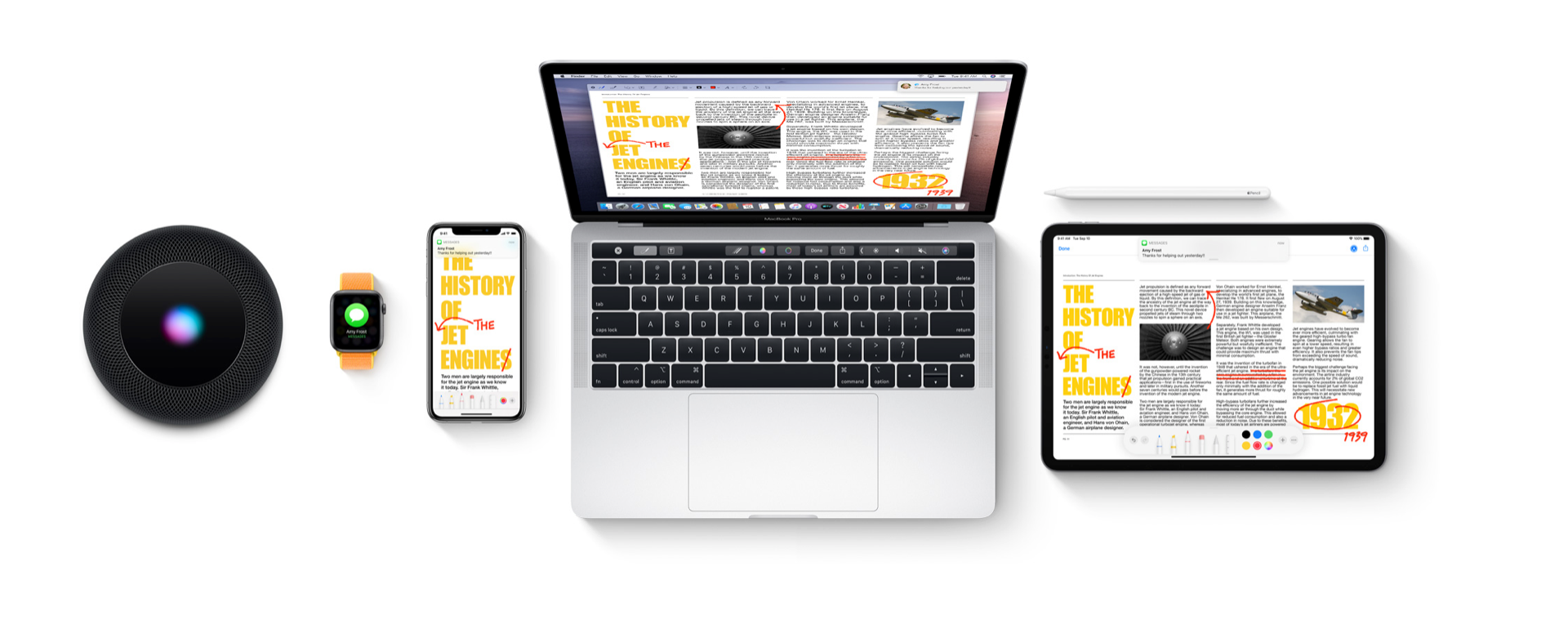 Photo via Mac O'Clock // The Apple ecosystem.
Photo via Mac O'Clock // The Apple ecosystem.
Apple’s ecosystem is a cornerstone of its pricing strategy. Unlike other tech companies, Apple devices are designed to work exclusively within their own ecosystem, enhancing the user experience when multiple Apple products are used together. As tech influencer MKBHD aptly puts it, “The more you integrate into the Apple ecosystem, the more rewarding the experience becomes.” This seamless interoperability encourages users to invest in multiple Apple products, justifying the premium prices.
The more you integrate into the Apple ecosystem, the more rewarding the experience becomes.— Marques Brownlee, also known as MKBHD.
2. Premium Quality
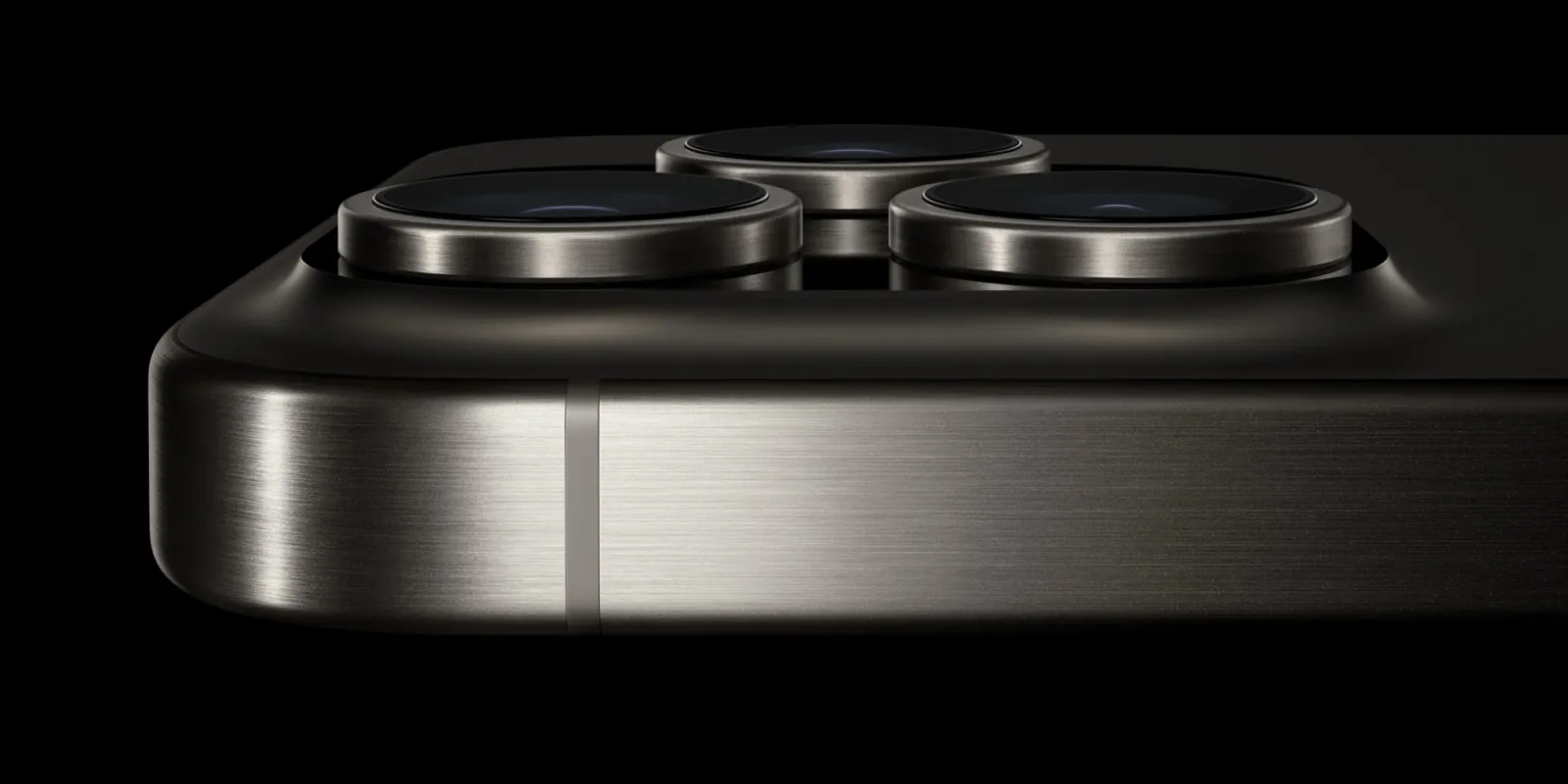 Photo via Apple // No matter the price of your Apple purchase, you can always count on Apple to deliver something of high quality when compared to cheaper alternatives.
Photo via Apple // No matter the price of your Apple purchase, you can always count on Apple to deliver something of high quality when compared to cheaper alternatives.
Apple products are renowned for their durability and high-quality construction. Utilizing materials like aluminum and meticulously optimized software ensures that devices not only look and feel premium but also stand the test of time. This combination of hardware and software excellence means that Apple devices often outlast their competitors, offering a better return on investment despite the higher initial cost.
3. Cutting-Edge Innovation
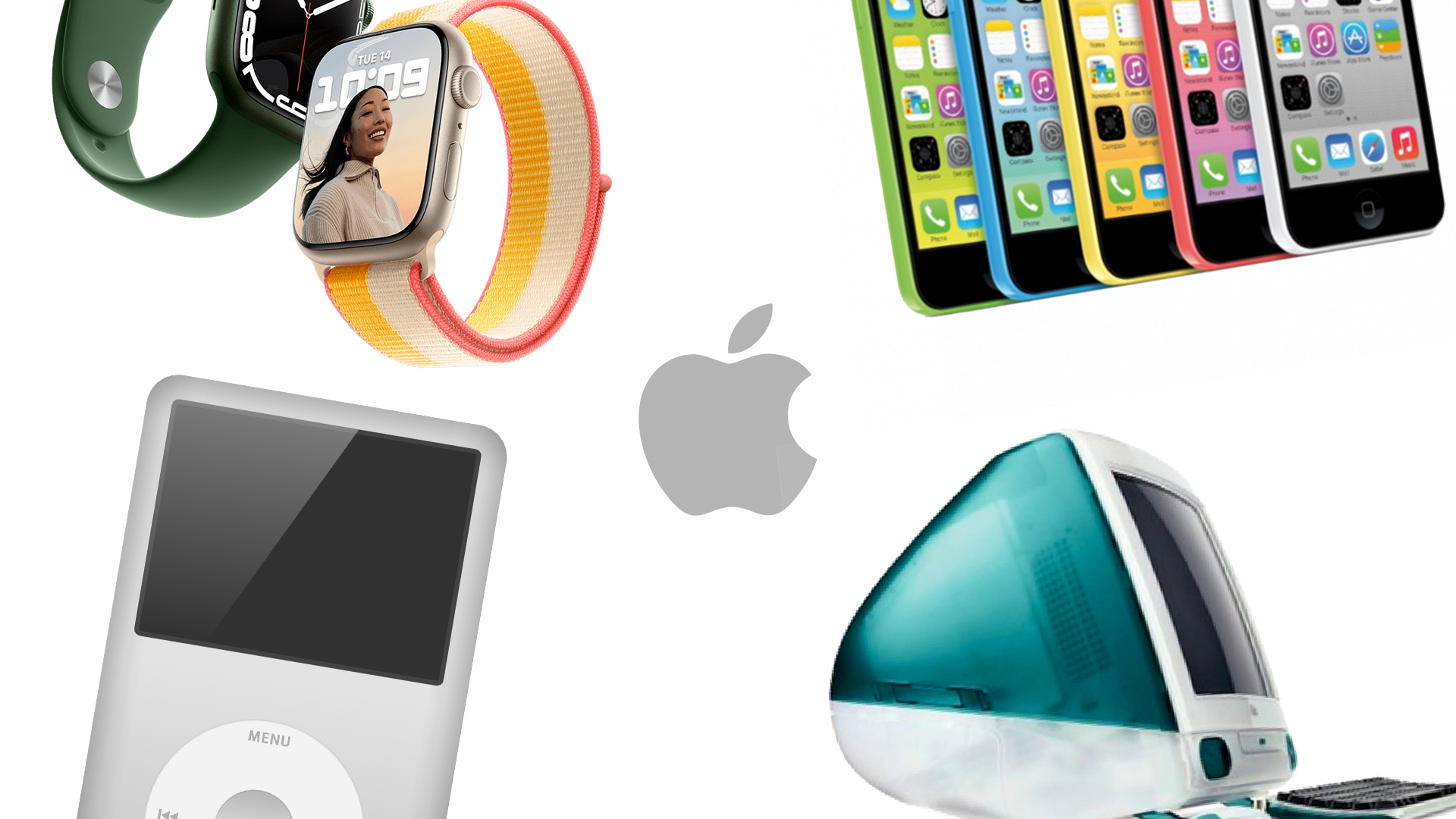 Photo via Creative Bloq // Some of Apple's most innovative products, including the iPod Classic and iPhone.
Photo via Creative Bloq // Some of Apple's most innovative products, including the iPod Classic and iPhone.
Innovation is at the heart of Apple’s strategy. The introduction of the M1 CPU chips, replacing Intel’s processors, is a testament to Apple’s commitment to pushing technological boundaries. According to Statista, Apple’s research and development budget has soared to $20 billion, fueling advancements that keep the company at the forefront of the tech industry. This relentless pursuit of innovation inevitably drives up product costs.
4. Commitment to Privacy
In an era where data privacy is paramount, Apple distinguishes itself by refusing to sell user data. Instead, the company invests in robust privacy measures, enhancing user trust and willingness to pay a premium. While Apple does collect data to improve its services, it ensures that privacy remains a top priority, adding intrinsic value to its products. Much of Apple's focus on privacy today can be attributed to Tim Cook.
5. Free Software and Continuous Updates
Apple offers its operating systems and native applications for free, unlike competitors like Microsoft, which charge for upgrades and essential software like the Office Suite. With regular updates and free access to tools like Pages, Numbers, and Keynote, Apple provides ongoing value without additional costs. This investment is supported by the higher prices of their hardware.
6. Extensive Marketing and Support
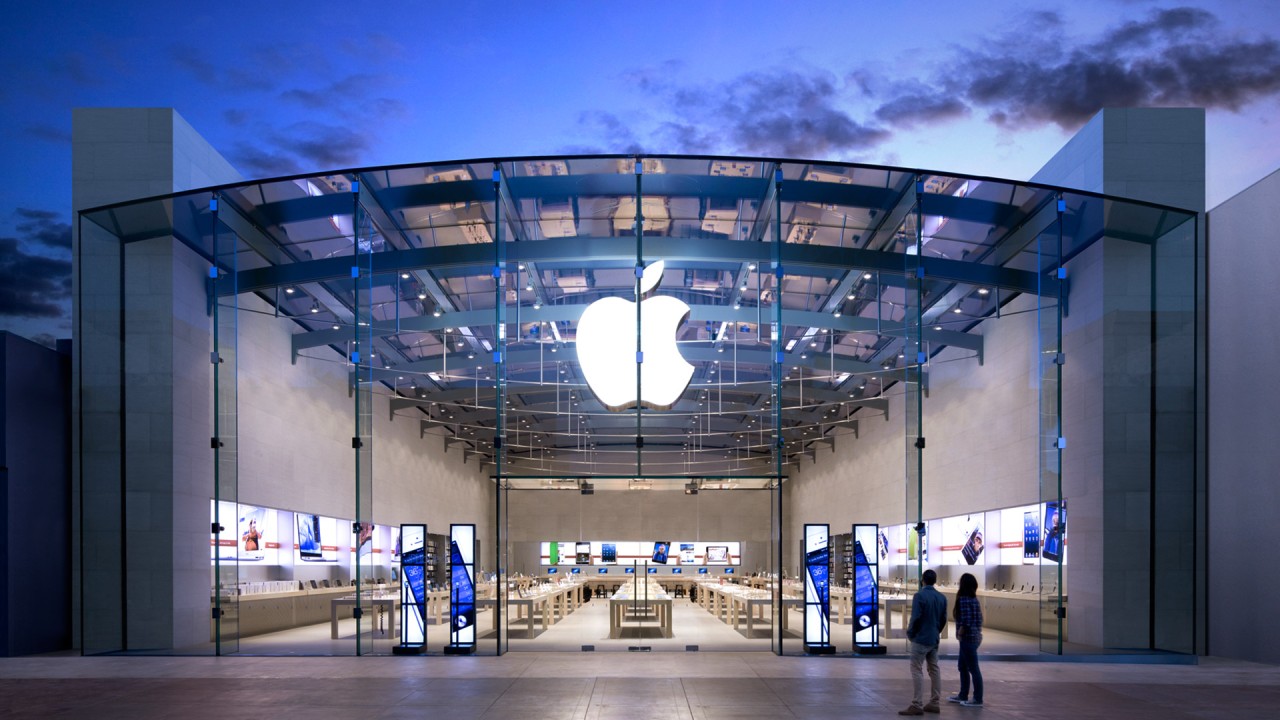 Photo via Apple // From gorgeous Apple Stores to the premium materials used in their devices, Apple has positioned itself as a semi-luxury tech brand.
Photo via Apple // From gorgeous Apple Stores to the premium materials used in their devices, Apple has positioned itself as a semi-luxury tech brand.
Apple’s marketing prowess and exceptional customer support contribute significantly to product costs. The iconic Apple Stores, filled with knowledgeable staff and interactive displays, serve as powerful marketing tools. Additionally, Apple Support offers comprehensive assistance, ensuring that customers receive top-tier service. These investments in marketing and support are reflected in the final price of Apple products.
7. Strong Brand Identity
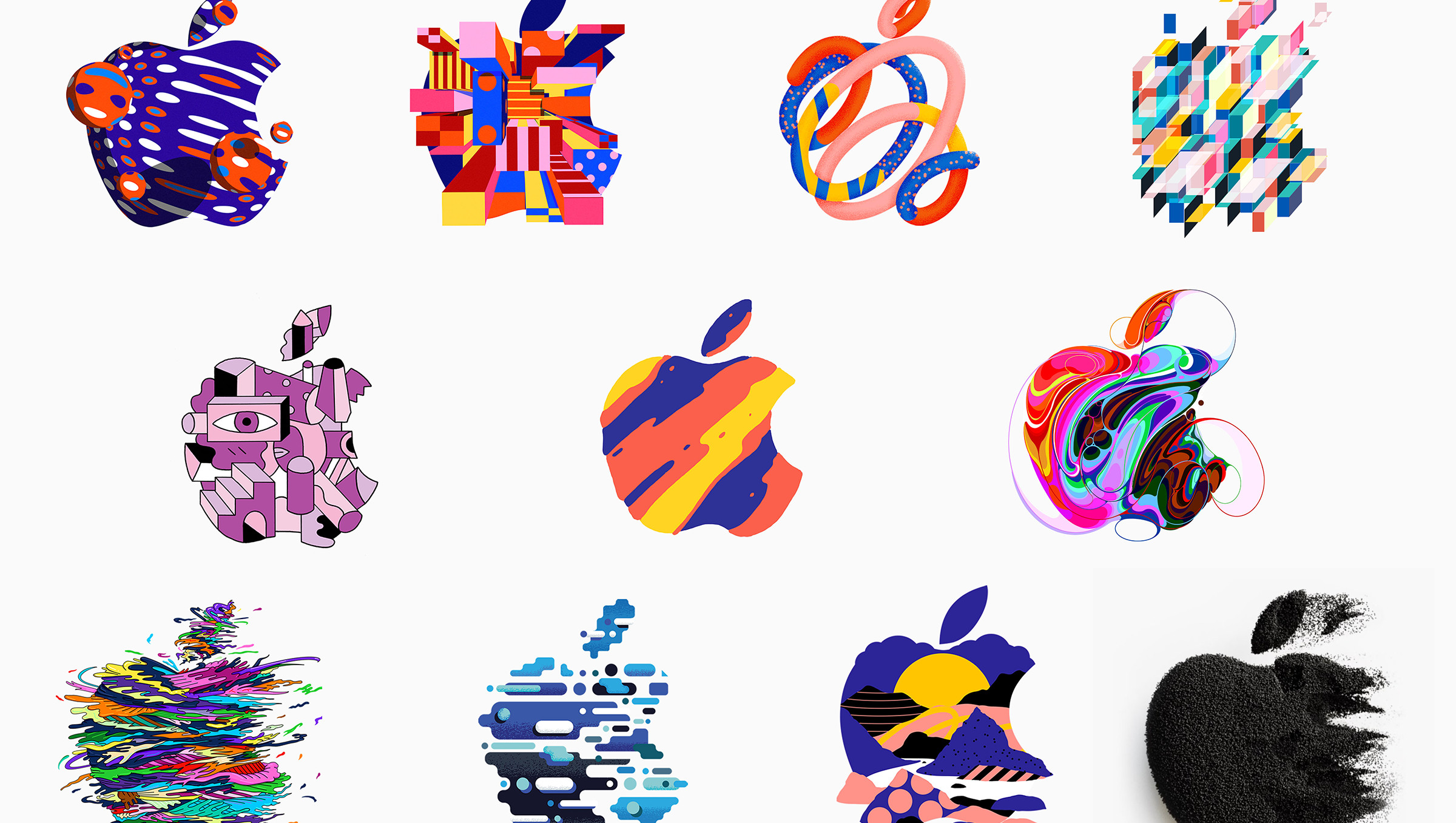 Photo via Apple // The Apple logo isn't just another logo, it has become one of the most recognizable symbols on Earth.
Photo via Apple // The Apple logo isn't just another logo, it has become one of the most recognizable symbols on Earth.
Apple has successfully positioned itself as a luxury lifestyle brand. From iPhones to Apple Watches, each product symbolizes status and quality. Attention to detail, like perfectly symmetrical bezels and perfectly aligned ports and buttons, underscore the brand’s prestige. This strong brand identity allows Apple to command higher prices as consumers associate their products with a premium lifestyle.
8. Impressive Resale Value
Apple devices maintain a high resale value compared to competitors. For instance, a study conducted in 2021 found that a used iPhone X retained about 27% of its original value, whereas a Samsung Galaxy S9 only held about 14%. This longevity in value makes the initial higher cost more palatable, as consumers can recoup a significant portion of their investment when they decide to upgrade.
Are Apple Products Worth the Price?
While Apple products come with a hefty price tag, their sustained popularity suggests that many consumers find the investment worthwhile. For those looking to save, options like purchasing refurbished models or foregoing the latest releases can provide the Apple experience without breaking the bank.
The iPhone vs. Android: A Price Comparison
When comparing iPhones to Android counterparts, the price difference remains notable. For example, the iPhone 16 series ranges from $1,599 for the base model to $2,147 for the Pro Max, whereas Samsung’s Galaxy S24 Ultra tops out slightly higher at $2,199. Google's Pixel phones, on the other hand, offer similar features at lower prices, emphasizing Apple’s positioning of its devices as premium products.
Why Do iPhones Command Higher Prices?
Several factors justify why iPhones are more expensive than Android phones:
- Premium Materials: iPhones use high-quality materials like stainless steel and ceramic shield glass, contributing to their durability and premium feel.
- Exclusive Ecosystem: The integration with other Apple products enhances usability, fostering brand loyalty.
- Superior Security: Apple’s closed ecosystem ensures better security and fewer lower-quality apps.
- Extended Software Support: iPhones receive software updates for 5-6 years, longer than most Android devices.
These elements combine to create a superior user experience that many are willing to pay extra for.
Conclusion
Apple’s premium pricing is a culmination of its superior ecosystem, unwavering commitment to quality, relentless innovation, and strong brand identity. While the cost may be steep, the value delivered through durability, resale value, and an unparalleled user experience makes Apple products a coveted choice for many tech enthusiasts and loyal fans alike.
Recommended by the editors:
Thank you for visiting Apple Scoop! As a dedicated independent news organization, we strive to deliver the latest updates and in-depth journalism on everything Apple. Have insights or thoughts to share? Drop a comment below—our team actively engages with and responds to our community. Return to the home page.Published to Apple Scoop on 8th December, 2024.
No password required
A confirmation request will be delivered to the email address you provide. Once confirmed, your comment will be published. It's as simple as two clicks.
Your email address will not be published publicly. Additionally, we will not send you marketing emails unless you opt-in.